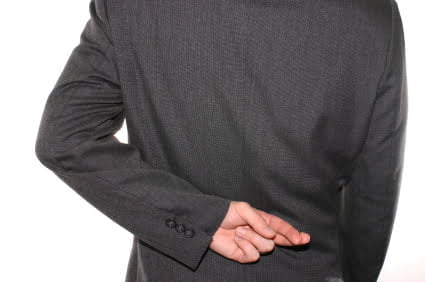Osama El-Atari the flamboyant steakhouse owner who is known for his flashy cars is accused of cheating banks out of tens of millions of dollars and was arrested in Texas as federal prosecutors pursue fraud charges. The restaurant owner was forced into bankruptcy by creditors last year with more than $60 million in claims against him. And his arrest was due to allegedly securing nearly $18 million in loans using fake life insurance policies as collateral.
United Bank, a regional bank with 113 branches in the region, reported a $17.6 million write-off for el-Atari’s bad loans. For a relatively small bank like United the losses were significant, exceeding its most recent quarterly earnings of $17.4 million.
El-Atari is also accused of secretly transferring ownership of his restaurant to his brother during bankruptcy. If El-Atari is found guilty of fraudulently securing loans and improperly transferring assets he could face a dismissal of his bankruptcy case and possible prison time. Obtaining loans via fraud is a serious violation of the law and attempting to hide assets in bankruptcy carries stiff penalties.
The rules regarding bankruptcy fraud and disallowed assets transfers are equally enforced whether the debtor is an individual or a business. Also, if a creditor suspects that fraud is involved during bankruptcy they can become quite aggressive in pursuing their claims which can cause a problem for the debtor filing bankruptcy. This is why it’s always important that the debtor not only avoid engaging in fraudulent activity during bankruptcy but also avoid the appearance of fraudulent activity.
For example, a debtor might in good-faith transfer property to a relative before bankruptcy because they don’t know the law, but it will still appear fraudulent. This is why it is important to speak with a bankruptcy attorney as soon as you begin considering bankruptcy so that you can receive the proper guidance.
